I. Introduction
GPT stands for “Generative Pretrained Transformer.” This is a language model made by OpenAI that uses artificial intelligence.OpenAI GPT is a type of AI language model that can make the text sound like a person wrote it by guessing the next word based on a prompt or context. There are several OpenAI GPT limitations. We have already read about OpenAI GPT-3 in detail. Here We will not talk about OpenAI GPT 3, but GPT as a whole. This article looks at the idea of OpenAI GPT and how it could “rule the world.” We will discuss GPT myths, GPT facts, and their limitations. We’ll talk about the technology behind OpenAI GPT, its pros and cons, and the ethical concerns with its possible rule.
Thesis statement
We have already read about how AI is affecting our society. We have also discussed OpenAI GPT-3 capabilities and limitations. However, The main point of this article is that OpenAI GPT can have a significant effect on society. Still, its ability to rule the world is limited by ethical concerns and technical problems.
II. What is OpenAI GPT?
A. A brief history of OpenAI GPT
OpenAI was founded in 2015 to advance and promote safe and responsible AI. In 2018, the company released the first version of GPT. Since then, the company has released several more versions of the model, each with more language capabilities.
B. Explanation of GPT technology and its capabilities
OpenAI GPT is a language model that has been trained on a lot of text data. This lets it write text that sounds like it was written by a person in response to a prompt or context. It can be used for various purposes, including text summarization, language translation, and question answering. Unique to GPT is its ability to generate coherent and grammatically correct text, making it a valuable resource for various industries and applications.
C. Advantages and limitations of GPT technology
OpenAI GPT has some advantages, including its ability to generate human-like text, its adaptability to various applications, and its capacity to improve with additional training data. However, it has limitations, such as its dependence on the training data and its potential to perpetuate biases and misinformation. These restrictions highlight the need for additional ethical considerations and guidelines regarding the development and application of GPT technology.
A limitation of GPT-3 that I don’t see discussed very often: because it’s trying to predict things that people are likely to say, it can’t tell you about things that are underrated. pic.twitter.com/c91k97wih8
— Ezra Newman (@EzraJNewman) August 8, 2022
III. The Potential for GPT to Rule the World
A. Definition of “ruling the world”
In this case, “ruling the world” refers to the idea that OpenAI GPT could become the most critical force in shaping society and deciding the direction of human progress. This does not imply that GPT would have complete control or dominance over all aspects of culture but would significantly influence a wide range of issues.
B. Explanation of why GPT could potentially rule the world
OpenAI GPT’s ability to write the text that sounds like it was written by a person and do other tasks could change many fields and applications, from customer service and journalism to education and entertainment. Its adaptability and versatility make it a valuable tool that has the potential to impact how we live and work profoundly.
C. Analysis of the factors that could contribute to or hinder GPT’s rule over the world
Several factors could help or hinder GPT’s potential global dominance. It would be necessary for more advanced versions of GPT and other AI technologies to be made available and for people and organizations to be willing to use them. The availability and quality of data used to train GPT, as well as the ethical implications of its use, would all have a significant impact.
D. Discussion of common myths and limitations of GPT technology
There are numerous myths and misconceptions about OpenAI GPT and its capabilities. Some believe GPT can completely replace human decision-making and creativity, while others think it endangers privacy and security. In reality, GPT is a tool that can add to and improve human skills, but it can only partially replace human creativity or decision-making. It’s also important to remember that for GPT to reach its full potential, its flaws must be fixed. For example, it can only use the data it was trained on and could spread biases and false information.
IV. Ethical Concerns
A. Explanation of the ethical concerns surrounding GPT’s potential rule
The possible OpenAI GPT rule raises several ethical concerns, such as the spread of biases and false information, the loss of privacy and security, and the loss of jobs and decision-making power for humans. Because GPT relies on the data it was trained on, it may perpetuate existing biases and discrimination and spread false information. Widespread use of GPT could also lead to a loss of privacy and security, as well as the loss of human jobs and the ability to make decisions in many fields.
B. Analysis of how GPT’s rule could impact society
The potential GPT rule’s impact on society would be far-reaching and complex. On the one hand, it can improve accuracy and efficiency in a wide range of industries and applications and lead to the creation of new and creative ways to solve existing problems. On the other hand, it can perpetuate bias and discrimination, spread false information, and displace human jobs and decision-making.
C. Discussion of the need for ethical guidelines and regulations
Should we ignore the ethical impact of artificial intelligence? The possible effects of the GPT rule on society show how important it is to develop and use it morally soundly. These rules and procedures should consider the possibility that biases and false information will be spread, the need to protect privacy and security, and the ethical concerns about replacing human jobs and making decisions. Creating and following these rules and guidelines would ensure that the benefits of GPT’s potential law are realized while the adverse effects on society are kept to a minimum.
V. Myths and Limitations of OpenAI GPT
A. Overview of common myths about GPT technology
Myth 1: OpenAI GPT can replace human decision-making and creativity
Despite its advanced capabilities, GPT is not yet capable of fully replicating human decision-making and creativity. It is a tool that can aid and support human decision-making, but it cannot replace it entirely.
Myth 2: OpenAI GPT is a threat to privacy and security
While GPT’s widespread use could potentially threaten privacy and security, it is important to consider the security measures and regulations in place to protect against such threats.
Myth 3: OpenAI GPT is perfect and unbiased
GPT, like any AI technology, is only as unbiased and accurate as the data it was trained on. It is not perfect and can still perpetuate biases and misinformation present in its training data.
B. Explanation of the limitations of OpenAI GPT technology
Limitation 1: Reliance on the data it was trained on
GPT’s capabilities are heavily dependent on the data it was trained on. This means that if the training data is biased or contains false information, GPT’s outputs will reflect these biases and inaccuracies.
Limitation 2: Potential perpetuation of biases and misinformation
GPT’s reliance on its training data also means that it has the potential to perpetuate existing biases and discrimination, as well as spread false information.
Limitation 3: Limited understanding of human language and context
GPT’s understanding of human language and context is still limited, and it can struggle to understand and interpret complex or nuanced language.
C. Discussion of the potential for further improvement and development of OpenAI GPT technology
- Advancement of AI technology: The continued advancement of AI technology will likely lead to improvements in GPT’s capabilities and understanding of human language and context.
- Expansion of training data: Expanding GPT’s training data to include a more diverse and representative set of perspectives and information could help to address biases and inaccuracies in its outputs.
- Improved ethical considerations: The development and implementation of ethical guidelines and regulations for the use of AI technology, including GPT, will help to ensure its responsible development and use and minimize its negative impact on society.
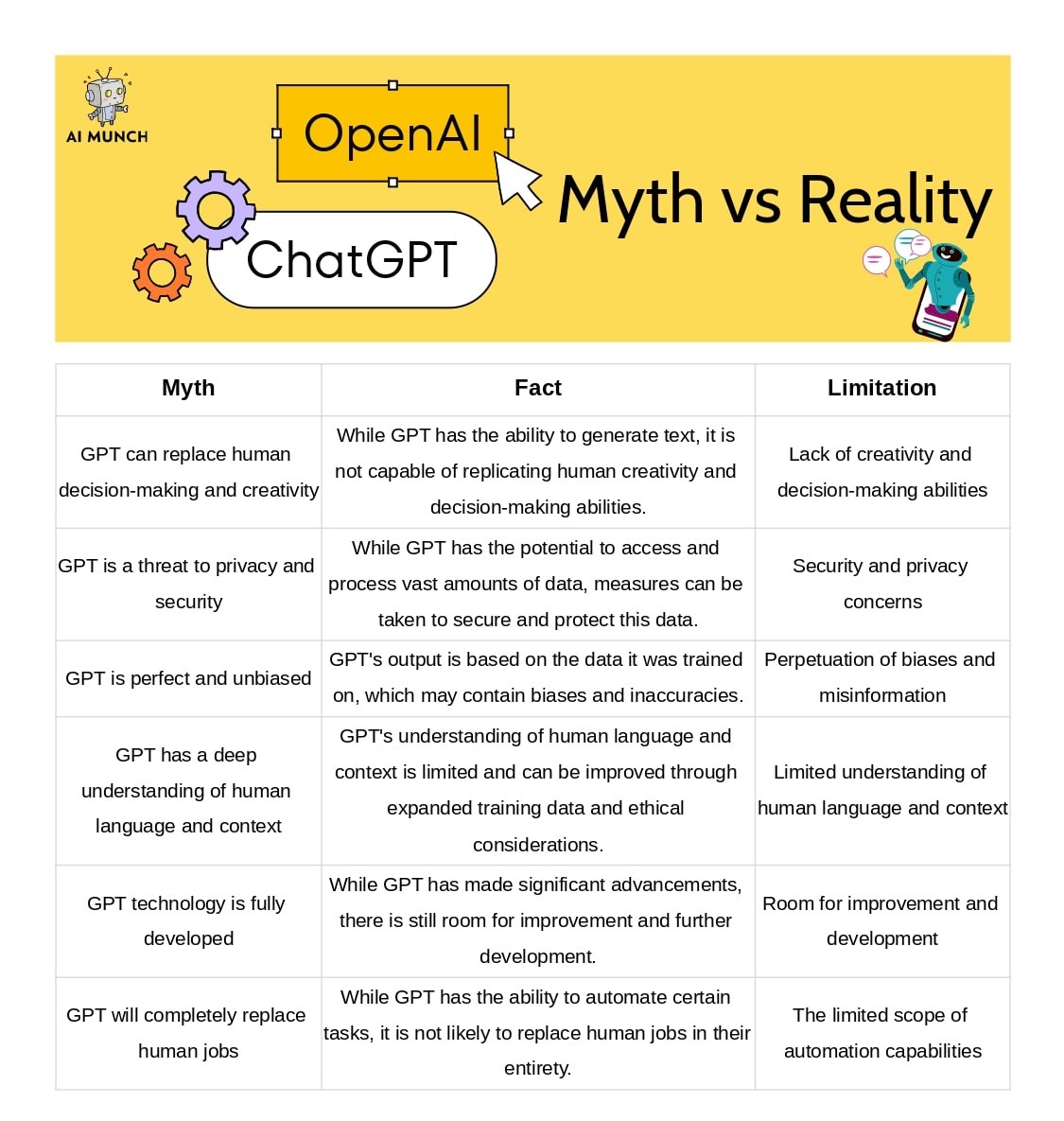
VI. Conclusion
A. Recap of the potential of GPT to rule the world
To sum up, the potential for OpenAI GPT to “rule the world” is a complex and multifaceted issue that deserves further discussion and investigation. On the one hand, it’s essential to think about GPT’s advanced skills and potential to improve a wide range of industries and processes. On the other hand, ethical concerns about how it might be used and the limits of technology must be considered.
B. Final thoughts on the myths and limitations of GPT technology
We all know that AI has both positive and negative impacts on human society. It is critical to dispel myths about GPT technology while acknowledging its limitations. GPT cannot replace human decision-making and creativity, is not inherently dangerous to privacy and security, and needs to be better and unbiased. Also, its development must consider how much it depends on training data and how little it understands human language and context.
The idea that GPT could rule the world must be discussed and researched to fully understand what it means and the best course of action. Ethical considerations must be considered, and that responsible development and use of AI technology, including GPT, be prioritized. It is up to society to talk about the future of AI technology well-informed and nuancedly and make good decisions about how to use it.
FAQs
GPT employs a deep learning approach known as a “Transformer,” which enables it to handle sequential data such as language. The model is trained on large text datasets before fine-tuning for specific tasks. GPT uses attention mechanisms to focus on the critical parts of the input when making output.
GPT offers numerous benefits, including generating human-like language, performing various NLP tasks, and generating output in real-time. It is also very flexible and can be changed to fit different tasks, which makes it a useful tool for businesses and researchers.
As a result of its dependence on the data it was trained on, the possibility of it fueling biases and misinformation, and its inability to understand human language and context, GPT has some severe drawbacks. It is also essential to think about the ethical implications of using GPT.
GPT can perpetuate biases present in the data it was trained on. To mitigate bias, it is important to use diverse and representative training data and to monitor and address potential biases in the technology continually.
No, GPT cannot replace human decision-making and creativity. While it can generate human-like language and perform various NLP tasks, it cannot understand the context and make decisions the same way humans can.
Concerns about the ethics of GPT’s possible rule include how it might affect privacy and security, spreading biases and false information, and the need for ethical rules and guidelines. Society must talk about the future of AI in a nuanced and well-informed way and make well-informed decisions about how to use it.
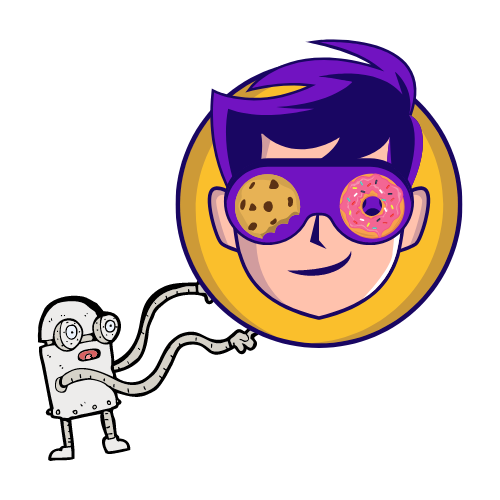


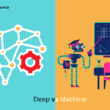



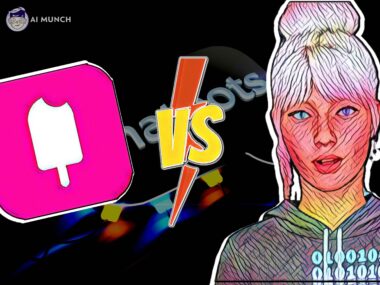
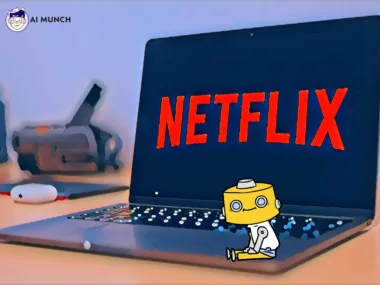


4 comments